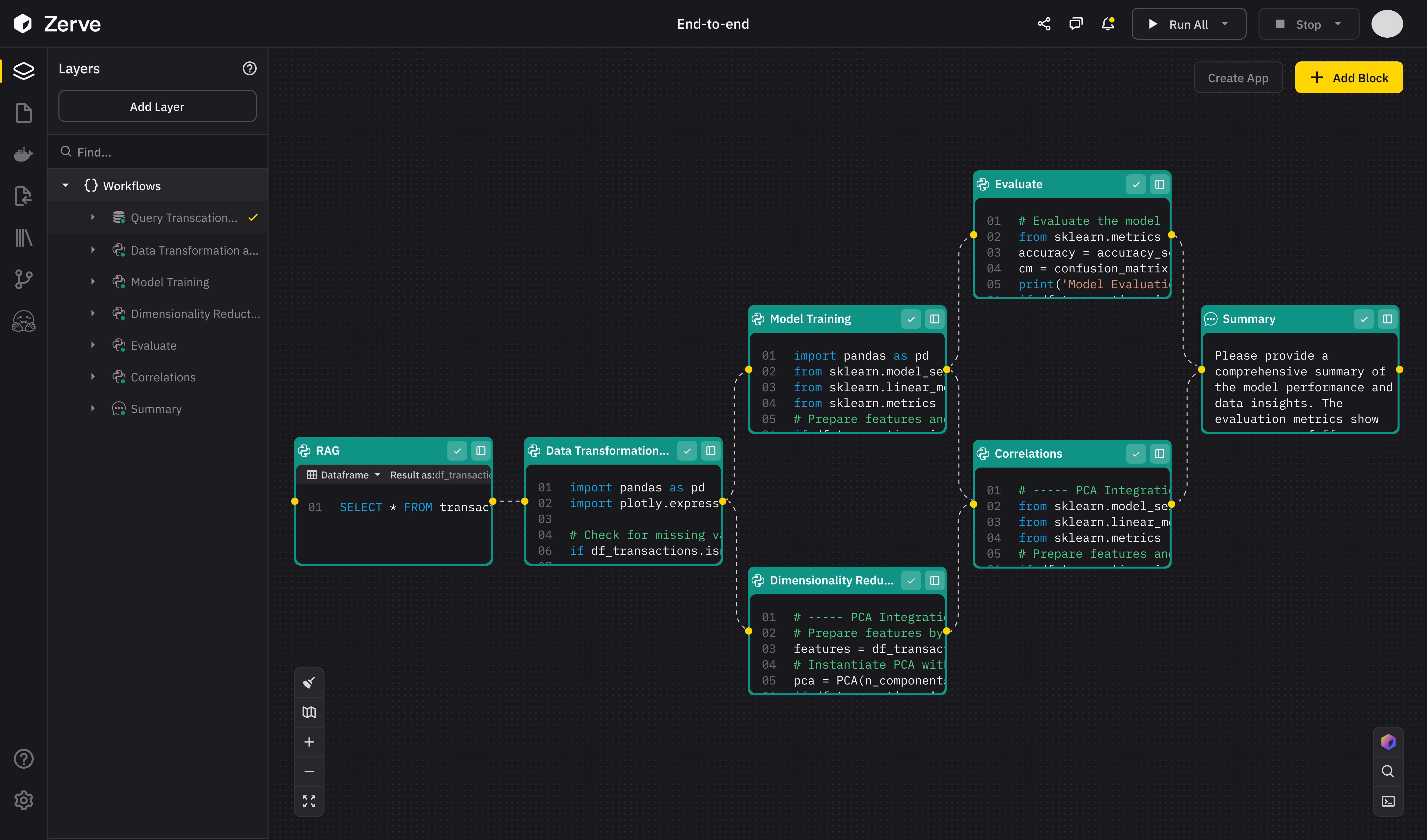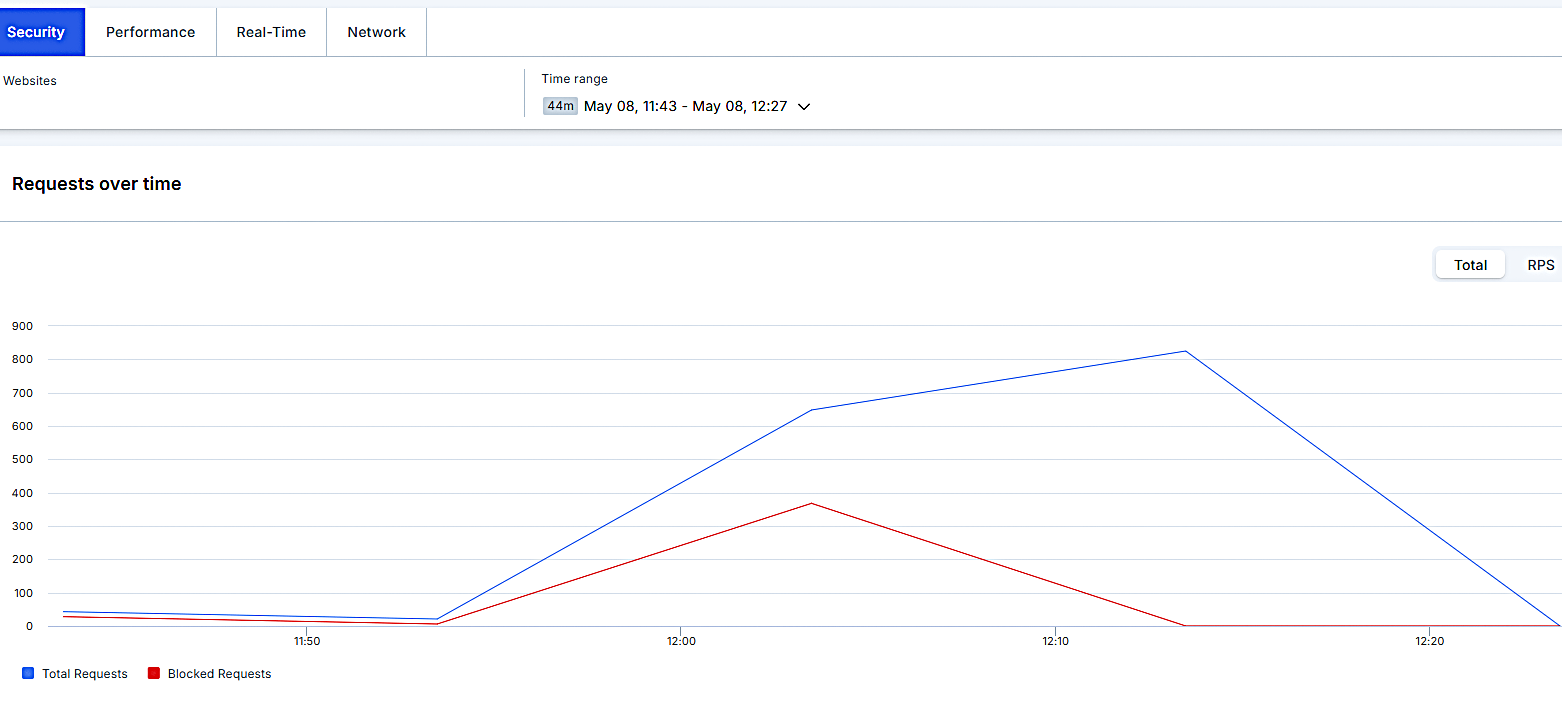How to Use lftp to Extract CSV Files and Iterate in Bash?
If you’re using lftp to automatically extract CSV data files from an FTP server, you might wonder how to directly handle these files in your Bash script. In this article, we’ll explore how to achieve this efficiently. What is lftp? lftp is a sophisticated file transfer program that supports a number of network protocols, including FTP, HTTP, and more. It is beneficial for automating the process of downloading files, such as CSV data files from an FTP server. With its powerful options, you can configure it to mirror files, handle time zones, and ensure your data is fresh and accurate. Why Write a Bash Script? Writing a Bash script to both download and process your CSV files can save you time and streamline your workflows. It allows for automation to manage files, especially when you need to modify data immediately after extraction. However, to make your script effective, you need to find a way to retrieve the files efficiently after downloading them via lftp. Directly Handling Files with lftp Currently, your approach involves mirroring files to a specific directory and iterating over them later using a for loop. While this works, you want a method to handle them directly through the lftp command line. Unfortunately, lftp itself doesn’t provide a built-in mechanism for returning file lists directly to your Bash environment. Step-by-Step Solution Use lftp to Mirror Files Your initial command effectively pulls files from your FTP server. Let’s break it down for clarity: lftp -e 'set ftp:use-mdtm false; set ftp:timezone Europe/Berlin; mirror --newer-than=now-1days --no-recursion --verbose -i "INERGIA.*\.csv" / /mnt/trailstone/itpf/DataInput; bye' -u [USERNAME],[PASSWORD] [SERVER-NAME] Here, you set timezone and other options, and mirror the CSV files into your local directory. Integrate File Processing in Bash After the files are mirrored, you can handle them using a while-loop with a globbing pattern. This is how you can modify your script: # Navigate to the directory with the downloaded CSV files cd "/mnt/trailstone/itpf/DataInput/" # Process CSV files recently created or modified for f in INERGIA.*.csv; do python /mnt/trailstone/itpf/OnlineDataProcessing/OnlineExtraDataDownloader/changeDelimiter.py "$f" done This loop will take each CSV file matching the pattern and pass it to your Python script. Avoiding Unnecessary Local Files If your goal is to process files without keeping them locally after extraction, you might consider streaming the files using lftp. Here’s a basic approach to read and process files in memory, but note that this should be limited to smaller files to prevent memory issues: lftp -e 'set ftp:use-mdtm false; set ftp:timezone Europe/Berlin; ls -1 /path/on/server; bye' -u [USERNAME],[PASSWORD] [SERVER-NAME] | while read -r line; do # Here you can directly process each line or download it using a command # You might use curl or wget to then fetch the file done This approach requires you to adapt your Python script if you're directly reading data from the file contents rather than downloading entire files on the local filesystem. Conclusion While lftp provides excellent functionality for transferring files, retrieving direct file handles to manipulate them in Bash isn’t straightforward without downloading them first. However, with the discussed methods, you can effectively streamline your processing workflow right after fetching the files. Creating an automated pipeline for extraction and processing can save time while ensuring your data handling remains consistent. Frequently Asked Questions Can lftp list files remotely without downloading? Yes, you can list files on the remote server without downloading them using the ls command as part of your lftp script. How do I ensure I’m not overwriting files? The mirror command has options like --no-overwrite to prevent overwriting existing files on your local destination. Is there an alternative to lftp for file transfers? Yes, alternatives include wget and curl, which may have different capabilities depending on your needs.

If you’re using lftp to automatically extract CSV data files from an FTP server, you might wonder how to directly handle these files in your Bash script. In this article, we’ll explore how to achieve this efficiently.
What is lftp?
lftp is a sophisticated file transfer program that supports a number of network protocols, including FTP, HTTP, and more. It is beneficial for automating the process of downloading files, such as CSV data files from an FTP server. With its powerful options, you can configure it to mirror files, handle time zones, and ensure your data is fresh and accurate.
Why Write a Bash Script?
Writing a Bash script to both download and process your CSV files can save you time and streamline your workflows. It allows for automation to manage files, especially when you need to modify data immediately after extraction. However, to make your script effective, you need to find a way to retrieve the files efficiently after downloading them via lftp.
Directly Handling Files with lftp
Currently, your approach involves mirroring files to a specific directory and iterating over them later using a for loop. While this works, you want a method to handle them directly through the lftp command line. Unfortunately, lftp itself doesn’t provide a built-in mechanism for returning file lists directly to your Bash environment.
Step-by-Step Solution
-
Use lftp to Mirror Files Your initial command effectively pulls files from your FTP server. Let’s break it down for clarity:
lftp -e 'set ftp:use-mdtm false; set ftp:timezone Europe/Berlin; mirror --newer-than=now-1days --no-recursion --verbose -i "INERGIA.*\.csv" / /mnt/trailstone/itpf/DataInput; bye' -u [USERNAME],[PASSWORD] [SERVER-NAME]Here, you set timezone and other options, and mirror the CSV files into your local directory.
-
Integrate File Processing in Bash
After the files are mirrored, you can handle them using a while-loop with a globbing pattern. This is how you can modify your script:# Navigate to the directory with the downloaded CSV files cd "/mnt/trailstone/itpf/DataInput/" # Process CSV files recently created or modified for f in INERGIA.*.csv; do python /mnt/trailstone/itpf/OnlineDataProcessing/OnlineExtraDataDownloader/changeDelimiter.py "$f" doneThis loop will take each CSV file matching the pattern and pass it to your Python script.
Avoiding Unnecessary Local Files
If your goal is to process files without keeping them locally after extraction, you might consider streaming the files using lftp. Here’s a basic approach to read and process files in memory, but note that this should be limited to smaller files to prevent memory issues:
lftp -e 'set ftp:use-mdtm false; set ftp:timezone Europe/Berlin; ls -1 /path/on/server; bye' -u [USERNAME],[PASSWORD] [SERVER-NAME] | while read -r line; do
# Here you can directly process each line or download it using a command
# You might use curl or wget to then fetch the file
done
This approach requires you to adapt your Python script if you're directly reading data from the file contents rather than downloading entire files on the local filesystem.
Conclusion
While lftp provides excellent functionality for transferring files, retrieving direct file handles to manipulate them in Bash isn’t straightforward without downloading them first. However, with the discussed methods, you can effectively streamline your processing workflow right after fetching the files. Creating an automated pipeline for extraction and processing can save time while ensuring your data handling remains consistent.
Frequently Asked Questions
Can lftp list files remotely without downloading?
Yes, you can list files on the remote server without downloading them using the ls command as part of your lftp script.
How do I ensure I’m not overwriting files?
The mirror command has options like --no-overwrite to prevent overwriting existing files on your local destination.
Is there an alternative to lftp for file transfers?
Yes, alternatives include wget and curl, which may have different capabilities depending on your needs.




































































































































































![[The AI Show Episode 147]: OpenAI Abandons For-Profit Plan, AI College Cheating Epidemic, Apple Says AI Will Replace Search Engines & HubSpot’s AI-First Scorecard](https://www.marketingaiinstitute.com/hubfs/ep%20147%20cover.png)


















































































































































































.jpeg?width=1920&height=1920&fit=bounds&quality=70&format=jpg&auto=webp#)






































































































































































































![Apple Working on Brain-Controlled iPhone With Synchron [Report]](https://www.iclarified.com/images/news/97312/97312/97312-640.jpg)


































































































